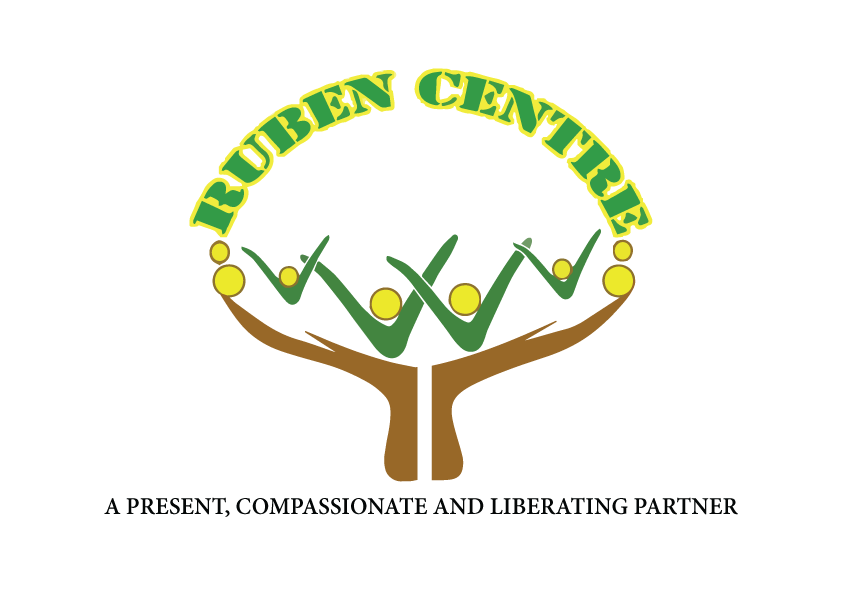Mediation Training for Mukuru Community Leaders
The Ruben Centre is located in the heart of the Mukuru Community, with the goal of creating a more just and empowered Mukuru Community. This entails a variety of ways of engaging with the community, one of which is constant capacity building of the community's existing structures to improve peaceful cohabitation and communal functioning.
The community policing initiative, with Nyumba Kumi officials tasked with oversight of community activities, and most importantly, with reducing the prevalence of criminal activities and offering alternative dispute resolution services within the community, is one of the most well-known initiatives within the informal settlement. There is a lot of confusion over membership, duties, and responsibilities on the Nyumba Kumi due to the lack of suitable structures and norms.
To address these issues, the Ruben Centre Amani Ni Sisi Project supported 12 community leaders to attend a 5-day Certified Mediation Training led by The Chartered Institute of Arbitrators Kenya (CIARB). Mediation, as applied in the law, is a type of alternative dispute resolution used to settle conflicts between two or more parties. The mediator, a neutral third party, supports the parties in negotiating a resolution without offering advice or solutions but rather facilitates the process. The principles of mediation, essential procedures, stages, and negotiation skills, among other essential abilities required in mediation, were taught to the participants. They were also examined and certified as professional mediators after actively participating in role plays to obtain practical mediation skills. Acquired abilities and knowledge will be put to use in conflict resolution within Mukuru and beyond.
Participants were also informed about cases that can be handled if the disputing parties are prepared to engage in mediation. The focus was on the fact that felony cases are not mediated because they are criminal offenses prosecuted in court. Article 159 of the Kenyan Constitution mandates the judiciary to promote mechanisms of Alternative Dispute Resolution (ADR) in the administration of justice, and thus the participants can explore Court Annexed Mediation through the Kenyan Court system in the future.
Roselyne Asena spoke on behalf of the participants regarding the session. “As a community paralegal who works to provide grassroots legal information to the community, I have been actively involved in ADR procedures within the Mukuru community. Being a part of the mediation training has improved my knowledge and ability to handle conflicts that arise in these neighborhoods. Therefore, I consider it an honor to be here. For my part, I'll remember the mediation's guiding principles, which place a strong emphasis on neutrality, voluntariness, and non-imposition.”
The advocacy section of the Ruben Center would like to express its gratitude to the Chartered Institute of Arbitrators Kenya trainers for their dedication and high caliber of instruction in mediation. We also appreciate GIZ's steadfast support in ensuring we keep working toward a community that is just and empowered.
By: Margaret Kariuki
Edits: Gregory Barake



